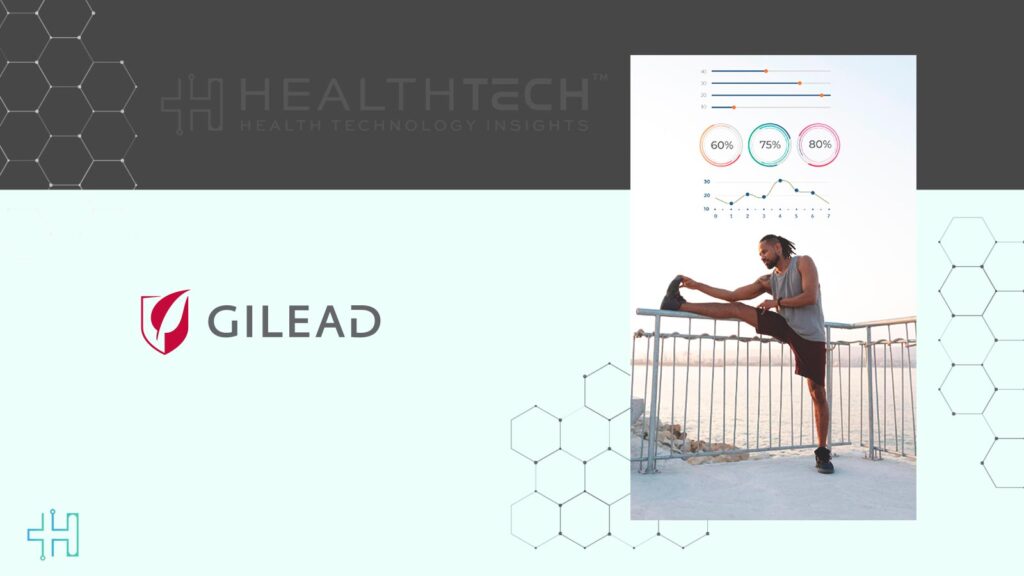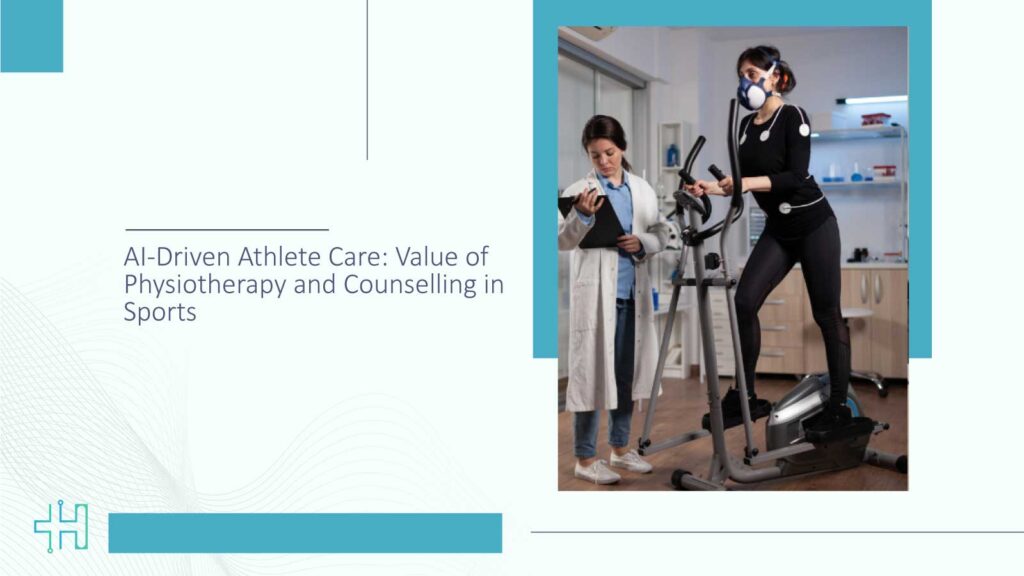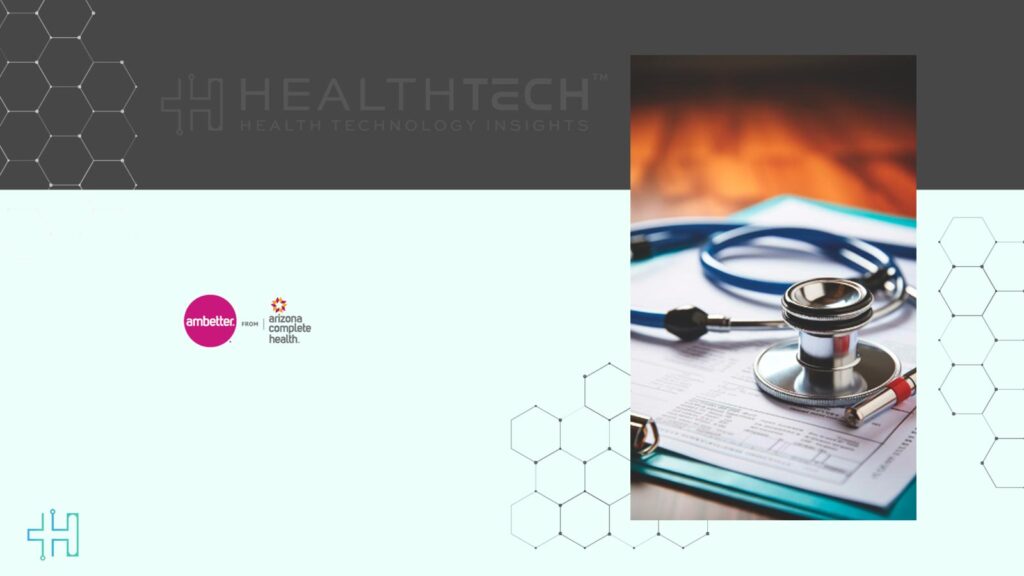Gilead Sciences, Inc. shared new long‑term data reinforcing the safety and effectiveness of Livdelzi (seladelpar) for people living with Primary Biliary Cholangitis (PBC). The findings support Livdelzi’s consistent efficacy and safety in patients switching from Obeticholic Acid and show positive impact on liver stiffness over up to three years, as presented at The Liver Meeting (November 7–11, 2025, Washington, D.C.).
Health Technology Insights: Lyric Health, Curaechoice Partner for Free Virtual Care
Real‑world data on Livdelzi, the only PBC therapy shown to deliver statistically significant reductions across key biomarkers and itch versus placebo, highlight its value as an alternative for patients switching from obeticholic acid or using the drug as second‑line therapy. Among 396 patients analysed, of whom 130 had switched from obeticholic acid and 266 were using Livdelzi as monotherapy or second‑line therapy, reductions in alkaline phosphatase (ALP) were noted in both groups. Most achieved ALP levels below 1.67×ULN, and 93% continued therapy throughout the observation period.
“These real‑world findings offer encouraging evidence that seladelpar is a viable alternative to obeticholic acid and a promising second‑line option for patients with PBC,” said Christopher L. Bowlus, MD, FAASLD, Lena Valente Professor and Chief of the Division of Gastroenterology and Hepatology at the University of California Davis School of Medicine. “ALP is our primary measure of treatment efficacy and the improvements in ALP, across both switch and second‑line groups, are clinically meaningful. The safety profile and treatment continuity further support the use of seladelpar for patients who previously had limited options.”
Health Technology Insights: Samsung Health and HealthTap Expand Access to Virtual Primary Care to Millions
In the open‑label Phase 3 ASSURE study, after up to three years of treatment, 85% of participants maintained or improved their liver stiffness measurements (LSMs). Among 114 participants with 36‑month data, the median change from baseline was –0.2 kPa (–2.9%). Those in the highest‑risk group (baseline LSM ≥ 16.9 kPa) saw a median reduction of –5.2 kPa (–29.7%). These interim results reinforce Livdelzi’s potential to positively alter the trajectory of PBC by addressing a key marker of disease progression.
“These data presented at The Liver Meeting underscore Livdelzi’s potential to meaningfully alter the trajectory of PBC by addressing liver stiffness, a key marker of disease progression,” said Dietmar Berger, MD, PhD, Chief Medical Officer at Gilead Sciences. “In this interim analysis of the ASSURE study, patients treated with Livdelzi for up to three years demonstrated stability or improvement in liver stiffness, with the greatest benefit observed in those at highest risk. This reinforces our belief in Livdelzi’s treatment profile and its potential to help transform care for people living with PBC. At Gilead, we remain focused on delivering innovation that drives long‑term impact for patients and the healthcare community.”
The ASSURE trial also reported that 67% (82 of 122) of participants achieved a composite biochemical response, while 34% (41 of 122) reached normalized ALP levels after three years of treatment with Livdelzi. These results align with findings from the pivotal Phase 3 RESPONSE trial and its open‑label extension and underscore Livdelzi’s potential to meaningfully impact disease progression and the burden of pruritus in PBC. Importantly, Livdelzi continued to show a robust safety profile with no treatment‑related serious adverse events and no new safety signals after up to four years of exposure.
New data confirm that Livdelzi delivers sustained and meaningful reduction in chronic itch—a debilitating symptom affecting up to 80% of people with PBC. Among patients with moderate to severe itch at the start of treatment, over half reported significant improvement, including those who switched from placebo. These benefits were maintained for up to 30 months and supported with validated patient‑reported measures such as the pruritus numeric rating scale, 5‑D Itch, and PBC‑40 Itch domain scores. Notably, the itch reduction translated into improved quality of life by enabling participation in social activities, household tasks, work or school, and reducing the spread of itch across the body.
Gilead also reaffirmed its commitment to patient support and advocacy by co‑launching “Your Guide to Living Well with Primary Biliary Cholangitis,” developed in collaboration with Viver Health and leading PBC advocacy groups. The resource provides practical strategies for symptom management and shared decision‑making and early feedback highlights its value in filling a critical disease‑education gap. This initiative aligns with Gilead’s ongoing efforts, such as the “All the Feelings with PBC™” campaign, which captures the emotional experiences of people living with PBC through storytelling and advocacy.
In sum, the latest findings presented at The Liver Meeting reinforce Livdelzi’s place as a treatment capable of delivering durable efficacy, meaningful symptom relief and a solid safety profile for people living with PBC.
Health Technology Insights: Lirio Launches Behavioral Science Patient Engagement Tool
To participate in our interviews, please write to our HealthTech Media Room at info@intentamplify.com







